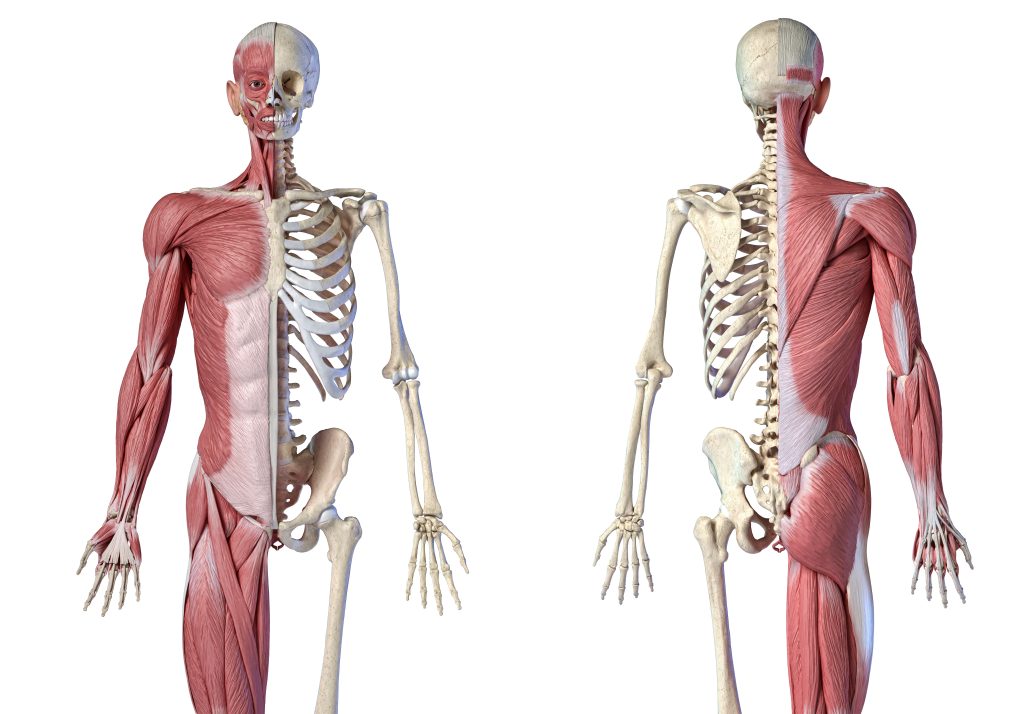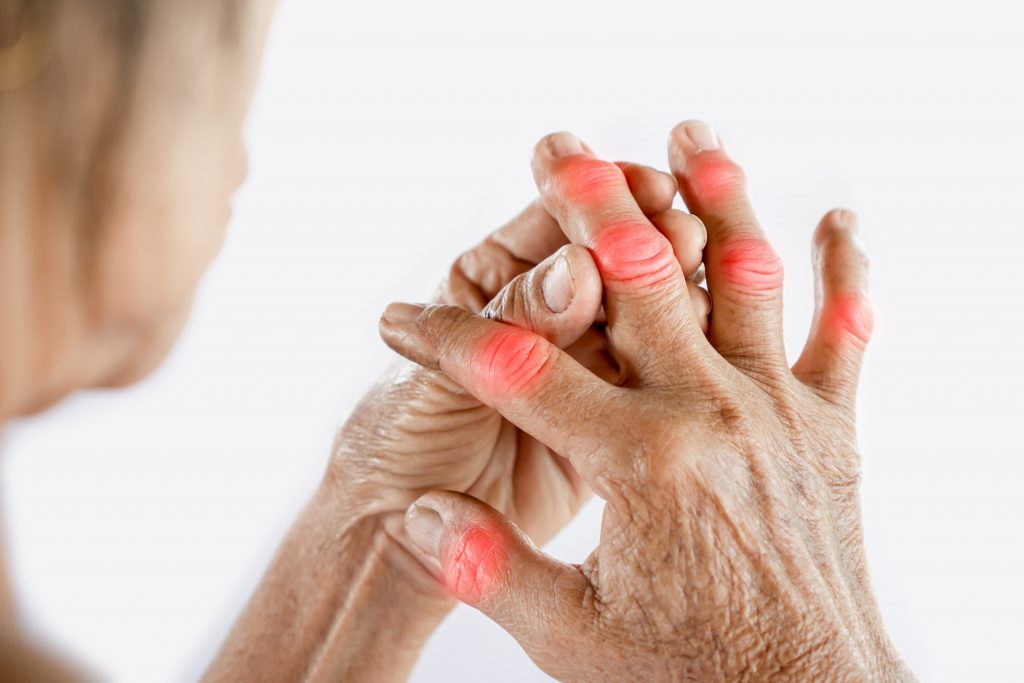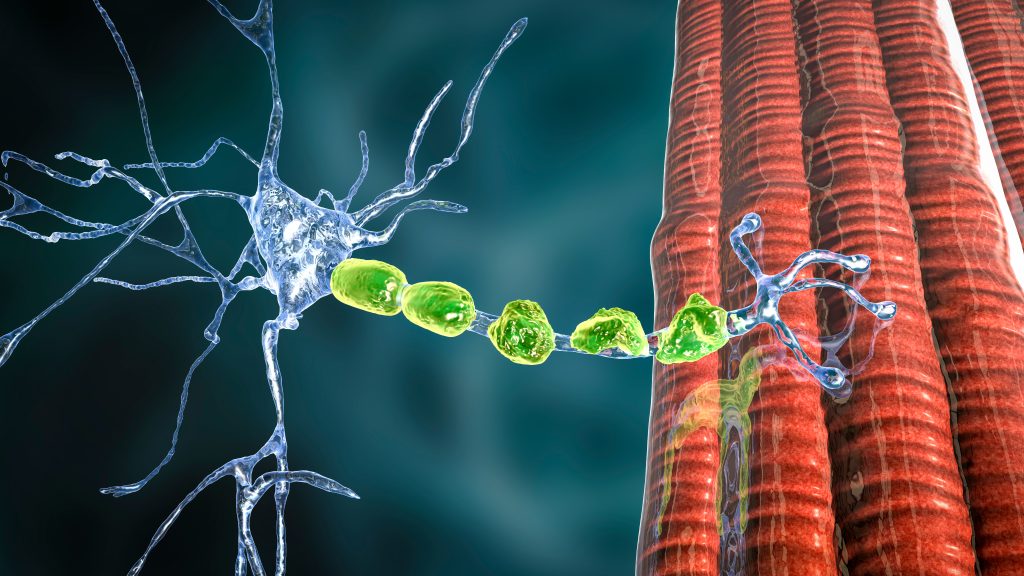Autoimmune Disorders That Affect Musculoskeletal System

Autoimmune disorders can be very debilitating and difficult to manage. Autoimmune disorders are defined as a dysfunction in the immune system where the body’s healthy, normal cells and tissues are attacked. The name speaks for itself. An ‘auto’ immune problem means that the immune system attacks tissue normally considered to be ‘self’.
The immune system exists to attack outside invaders like bacteria, viruses, and toxins, but autoimmune disorders are defined when this system goes haywire. The immune system is our defense system against the hostile environment. The immune system is also integral to cleaning up damaged tissue in the body that is not working normally. Autoimmune disorders can affect all areas of the body. Today we are going to focus on the most common autoimmune disorders that affect the musculoskeletal system.

Rheumatoid Arthritis (RA)
Rheumatoid arthritis is an autoimmune disorder where the immune system attacks the tissues in the joint resulting in inflammation, pain, swelling, and eventually bone damage and deformities if left untreated.
RA typically starts in the smaller joints of the fingers and toes and later progresses to larger joints. RA may present in very odd ways, such as an acutely inflamed ankle tendon.

Multiple Sclerosis (MS)
Multiple sclerosis is an autoimmune disorder that affects the brain and spinal cord (also known as the central nervous system). MS’s autoimmune dysfunction attacks the myelin sheath, the protective covering that surrounds nerve cells.
MS is a progressive disorder that worsens with time. Symptoms of MS include limb numbness, tingling, neuropathic pain, spasms, mobility issues, and more. Partial and full paralysis is possible. Statistically, only about one-third of those with MS will lose the ability to walk. There are a variety of types and intensities of this disorder.

Polymyalgia Rheumatica (PMR)
Polymyalgia Rheumatica is an autoimmune disorder that attacks the connective tissues in the neck, shoulders, arms, and hips. Arteries can also be affected by this condition in rare cases. PMR causes inflammation, pain, and weakness in the affected connective tissue. It is uncommon for PMR to affect the smaller joints in the hands and feet. PMR usually presents in the 50s or 60s, but earlier presentations are possible.
PMR is known to cause significant stiffness of the back, shoulders and hips. This is worst in the mornings.
Schedule An Appointment
If you suffer from an autoimmune disorder that is affecting your musculoskeletal system, you can schedule an appointment with Warner Orthopedics & Wellness to determine the best course of action in helping you treat and manage your disorder.





